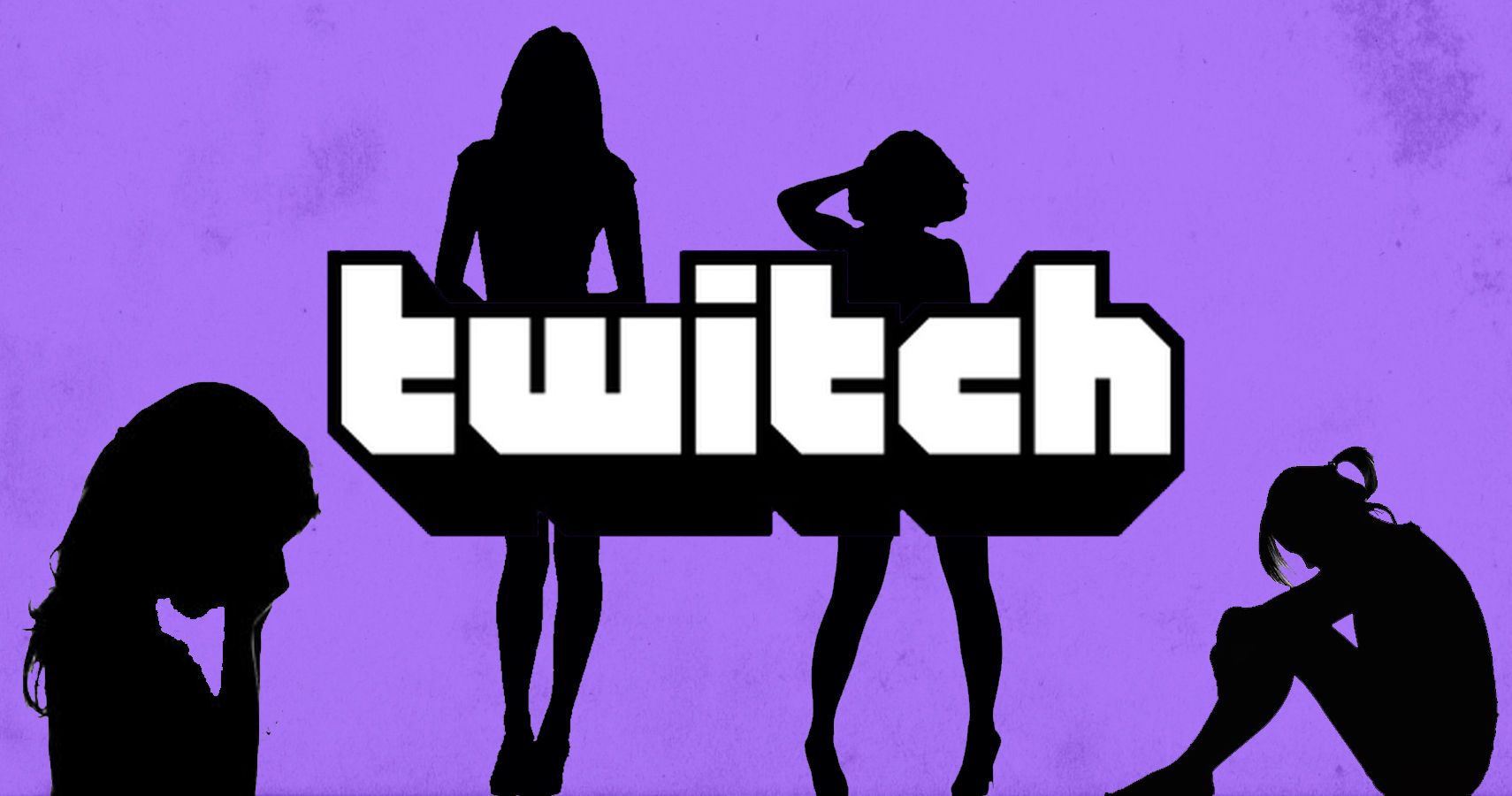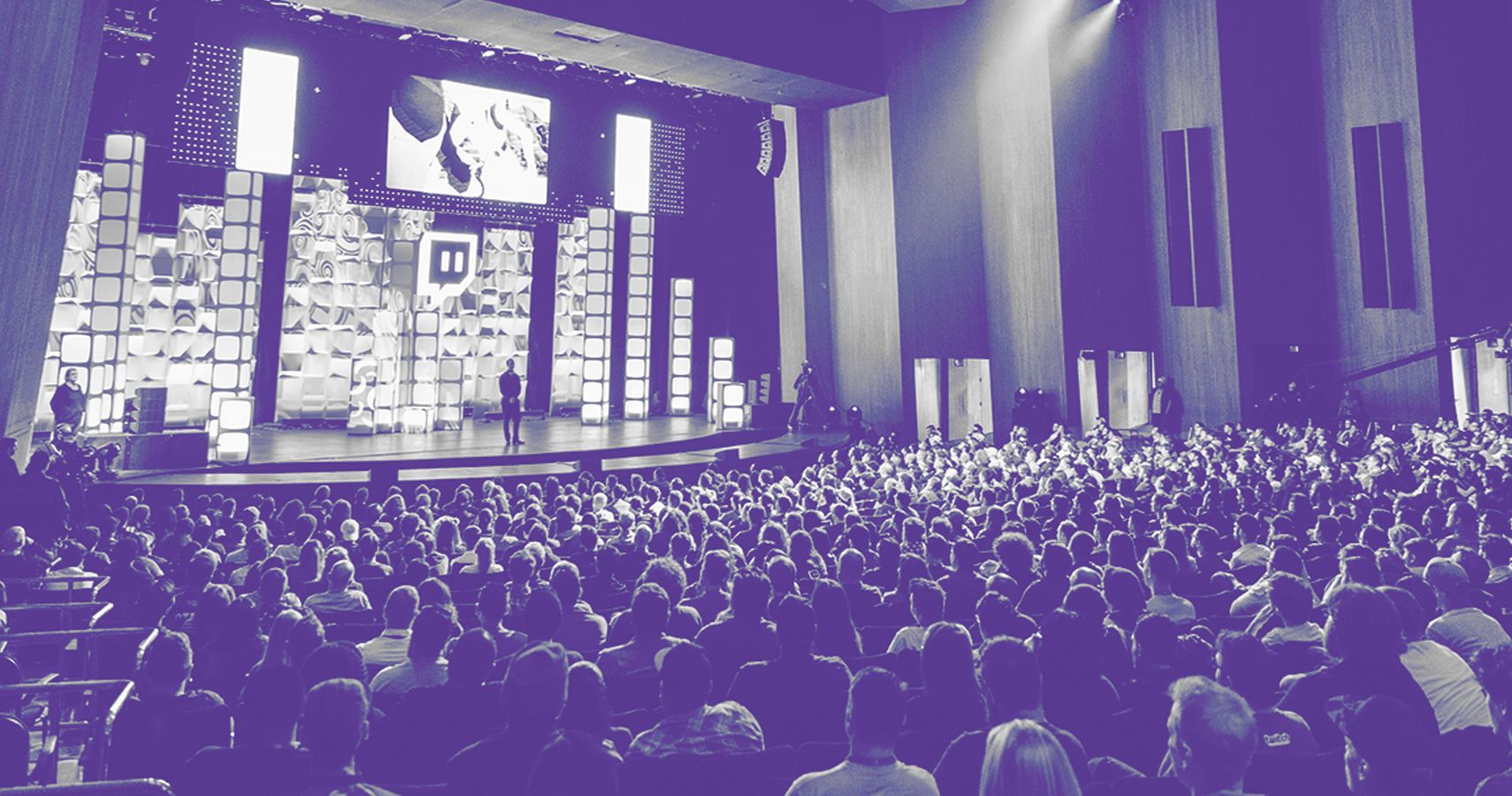Throughout the past few days, dozens of people have come forward to share their stories of harassment and sexual abuse by people in the video game industry. Most of the alleged perpetrators are male, the majority of whom hold high status in the gaming community as either Twitch streamers or industry veterans. The victims are, for the most part, women, though some are reporting abuse as a result of being a person of color or LGBTQ+.
At this point, there are hundreds of accounts of abuse leveraged against numerous people within the industry. Some of these accounts lack specificity, possibly due to fears of retaliation or industry blacklisting. Many are extremely disturbing, including stories of people leaking victims’ nude photos to private Discords, men forcing themselves on women and horrific workplace abuse by industry leaders. Even a senior Twitch staff member was accused of inappropriate behavior, indicating that these behaviors are deeply rooted within the entire industry. Some of the accused people have denied allegations entirely; others have been quick to share their sides of the stories.
We’ve had a reckoning in publicly decrying these events. Now, it’s time to hold Twitch accountable for facilitating this behavior by its talent, its ad and sponsorship partners and its employees.
The Problem With Power On Twitch
From the outset, many women and members of the LGBTQ+ community feel they have to work very hard to be taken seriously in the gaming industry. It can be daunting enough to simply have to endure abuse from gamers who throw around sexist, homophobic or otherwise reprehensible language. Like anyone who is new to the industry, these underrepresented people may seek to cultivate professional relationships with others within the community. They appreciate any recognition from viewers, followers, subscribers and fellow smaller streamers. When a person of prominence offers a kind word or a compliment, it bolsters their confidence and their drive to succeed in the streaming space.
However, when a person in a position of power makes a sexual advance, there are few good options for the person on the receiving end of this conduct. Consenting to an unwanted sexual advance typically requires the sacrifice of dignity and self-worth. But rejecting the advance could mean the higher-status person is no longer willing to offer friendly, platonic support to the other person. In some cases, someone who feels romantically or sexually rejected may begin to harass the person who doesn’t reciprocate such feelings. A powerful person may even have enough sway to blacklist someone from the industry by spreading rumors.
In fact, power dynamics can be problematic when the relationship is outwardly consensual. A person who wields status as a tool to get someone to date or sleep with them is at best, manipulative, and at worst, abusive. Many of the recent stories center around mistreatment, with people finding out they are “secret girlfriends” of married men or other revelations that indicate they were being used for sex. While not illegal, this behavior can result in psychological trauma and should still be taken seriously. It’s easy to decry that even an entertainer has no obligation to be a role model. But that perspective doesn’t speak to the underlying issue: We are allowing people of status to continue to abuse in their positions of power by not holding them accountable for bad behavior.
It is extremely important to keep an open mind to the idea that there may be more facts about individual cases that come to light. However, it’s also necessary to note that when more than 40 people are called out in public forums, these aren’t isolated cases. The problem is systemic.
Twitch’s Role In Preventing The Abuse Of Power
It’s easy to see how Twitch, as an entity, doesn’t see itself as having any responsibility for what happens off-camera. But recognize that after Chris D’Elia was recently publicly accused of soliciting underage girls, Hulu acted swiftly to remove an episode of Workaholics in which he played a pedophile from its platform. It may not be a legal responsibility, but it certainly is a social one.
Asking Twitch to do more to intervene when such abuses of power arise is not a radical request. Victims of such behavior are simply asking Twitch leadership to address barriers that adversely impact their mental health and can potentially hinder their ability to succeed. They want to be able to function as human beings in the video game industry without having to navigate every interaction as a potential threat.
It’s important to recognize that Twitch isn’t legally responsible for the actions of the people who use its platform. What people do on their own time is theoretically beyond its concern. But if Twitch is going to have such an integral role in building community relationships, even going to far as to host in-person events such as TwitchCon, it has to assume a role in preventing abusers from using the platform for personal gain. Social media companies can typically dodge responsibility for users’ bad behavior. However, from a social impact perspective, it is absolutely necessary for the company to treat all streamers as ambassadors of the brand. When its talent, its business partners and its internal team members cross lines, Twitch must be held accountable for not taking steps to help victims.
Of course, the Twitch staff can claim ignorance. But true ignorance would have to mean that the company leadership was completely oblivious to the prevalence of toxicity in an industry with a well-documented history of underlying misogyny, racism and homophobia. More likely, a claim of ignorance would signal that the platform recused itself from liability in spite of being well aware of the possibility that people were exploiting their status as streamers or leaders in the gaming industry to hurt others. If the company truly wasn’t aware of this, then it’s because Twitch either has no understanding of the communities it supports or is mind-blowingly negligent.
Back in 2014, the Gamergate controversy showed an ugly side of the gaming community that revealed misogyny and all-around toxicity. Six years has passed, and yet, in 2020, the public outcry against abuses of power — especially as they relate to women — indicates that the core attitudes that spawned Gamergate persist to this day. One can also find symptoms of these attitudes in random Twitch chats, at conventions full of male speakers, and within hiring practices that claim to support diverse talent but make zero effort to remove barriers to entry for underrepresented groups.
Today, the gaming industry in North America remains overwhelmingly straight, white and male. In many cases, this is true even in cases where leadership teams are outspoken about the rights of women or gender-nonconforming people, people of color and the LGBTQ+ community. This environment allows abuses of power to persist because there isn’t enough representation internally to call these issues into focus. The complaints that do arise are dismissed or go unaddressed because those at the top struggle to empathize with what it’s like to experience such abusive behavior from a victim’s perspective.
Recent events involving Black Lives Matter proved it’s not enough to say “we’re not racist” if a company isn’t actively investing in Black talent. Similarly, gaming companies that “aren’t bigoted” are still failing if they’re not investing in women and the LGBTQ+ community.
What Twitch Must Do To Protect The Platform’s Users
The fact that Twitch turned a blind eye to these accusations while policing minor infractions is disturbing. While the Twitch moderation team spends time and money policing wardrobe slips, predators have been taking advantage of their status within the platform’s hierarchy for years. The outcome is the sense that it’s far less important to ensure streamers’ are protected from abuse than it is to ensure a teenager doesn’t see a half-second flash of areola.
Perhaps these issues can boil down to “a few bad apples.” But those bad apples truly spoil the pot as these attitudes permeate through different areas of the industry. It impacts people in a variety of ways: Those who witness the behavior come to accept it as normal. Even if they recognize that it’s wrong, they feel uncomfortable saying anything about it. In turn, this pushes women, racial minorities and LGBTQ+ people out of the gaming community. The cumulative effect is that the industry doesn’t have enough representation from these communities to internally police its own attitudes and policies, and the cycle continues.
On June 24, Twitch issued a statement about the influx of allegations.
It also began the process of permanently banning streamers accused of abuse. As of the writing of this piece, Kotaku reports that the platform has banned five streamers for sexual misconduct this past week.
Unfortunately, the company must do much more to prevent predators from using the platform for their personal gain. Certainly, the recently-established Twitch Safety Council is, in theory, a good start. But given the underlying context, even the decision to implement such a council comes far too late.
So, what now? Gamers are free to leave the platform, though that is a huge ask for streamers who have built communities and earn their living on Twitch. But simple steps include the introduction of more opportunities for discussion, zero-tolerance policies for harassment on and off the platform and offering more opportunities to educate streamers and fans on appropriate conduct. Certainly, consultants from the psychology and mental health fields can offer more ideas on how to break down the systemic issues that allow this behavior to continue.
Humans are imperfect and will make mistakes. While Twitch can’t prevent every infraction and use of its platform for abuse, it can certainly take a more active role in protecting its users. It can also act quickly to investigate when allegations come to light. It can offer even more opportunities to those representing communities that have been marginalized and can provide more services to those who are subject to abuse.
If we want to hold abusers accountable, we need to hold their enablers accountable, too. And in this situation, Twitch is nothing short of an enabler.


